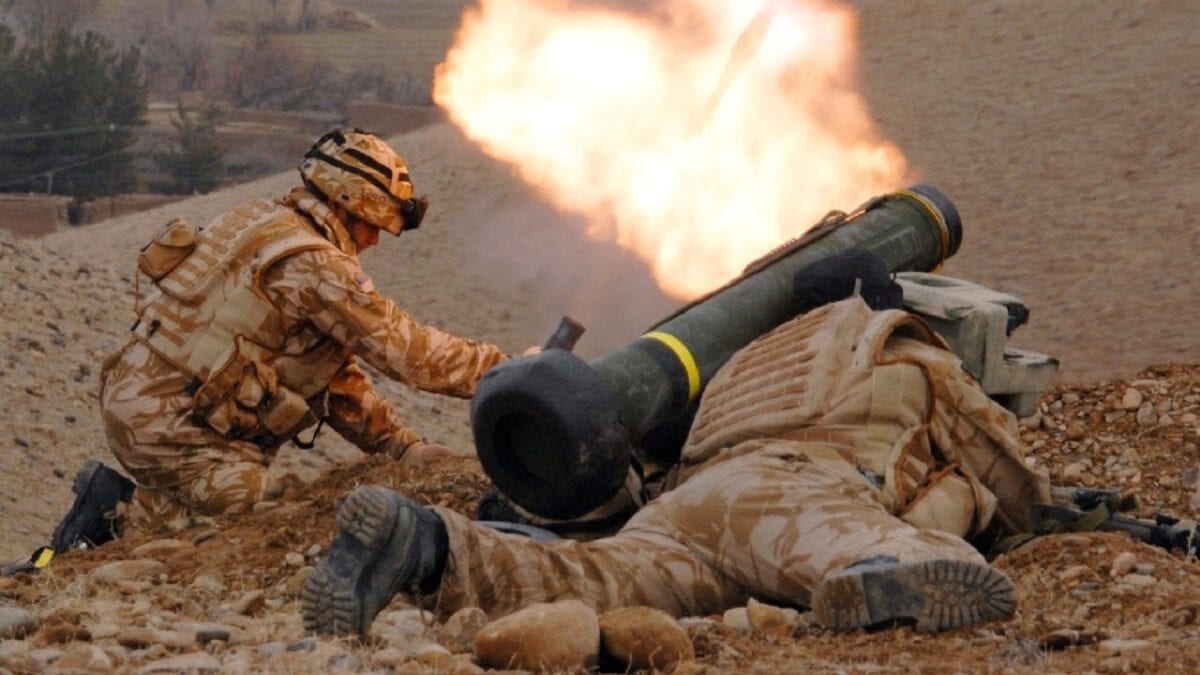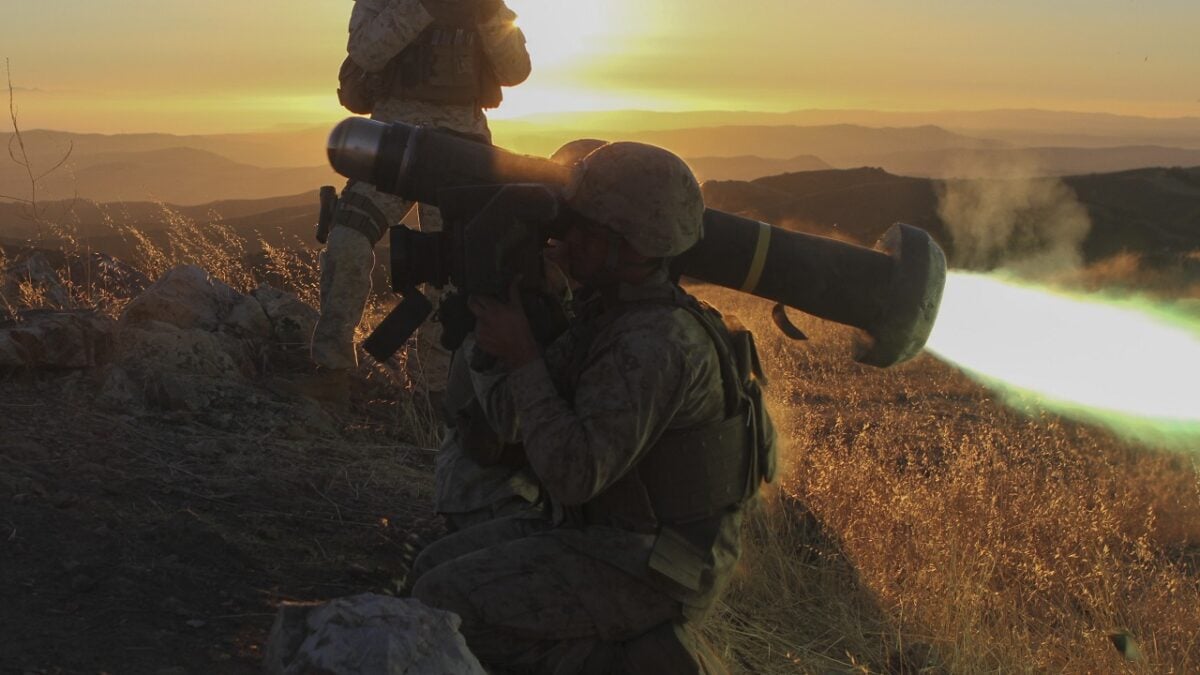President Joe Biden is set to travel to a Lockheed Martin facility in Alabama this week where he will see how the Javelin anti-tank missiles sent to Ukraine are manufactured and talk with executives from the company.
The announcement was made in a statement on last Wednesday, with the White House also praising the Biden-Harris Administration’s continual supply of weapons to Ukraine since January.
“On Tuesday, May 3, the President will travel to Alabama to visit a Lockheed Martin facility which manufactures weapon systems such as Javelin anti-tank missiles, which the Biden-Harris Administration is providing Ukraine and which Ukrainians are using so effectively to defend against the Russian invasion,” the statement says.
U.S. Accelerates Ukraine Aid
As the U.S. announced a new military aid package worth $800 million on April 12, less than a week after a previous package worth the same amount, the Pentagon committed to speeding up the supply of heavy artillery, weapons, and vehicles to Ukraine.
The latest package gave Ukraine dozens more howitzers, trucks, and Javelin missile systems.
The speed at which the supplies are delivered to Ukraine has been increasing in recent weeks. In March, Pentagon spokesman John Kirby praised the speed at which the United States and its allies were delivering aid to Ukraine.
“We’re able to get this material because we’re being so careful and so nimble in how these ground shipments are going,” Kirby explained. “We’re able to get it into Ukraine and often into the fight within 48 hours sometimes. I mean, that’s incredibly fast.”
Biden Urged to Act on Dwindling U.S. Javelin Missile Supply
While the United States can take pride in the rapid delivery of aid to Ukraine, the nation’s stockpile of important weapons – including the Javelin missile – is dwindling.
On Tuesday, the Senate Armed Services Committee met and discussed the United States’ current ability to meet the needs of the armed forces with regard to the manufacture of weapons and ammunition.
Newsweek reported that the meeting revealed a “serious supply issue” caused, in part, by the constant flow of U.S. weapons to Ukraine.
“The United States military has probably sent about one-third of its Javelin anti-tank missiles to Ukraine – one-third of our supply given to them,” Connecticut Senator Richard Blumenthal said.
The Democratic senator added that replenishing those stocks could take 32 months.

Javelin anti-tank missile being fired along with a mortar. Image credit: UK government.

A Marine with Weapons Company, 1st Battalion, 4th Marine Regiment, fires an FGM-148 Javelin during a TOW battle drill aboard Camp Pendleton, Calif., Aug. 28-29, 2014. The Marines were performing basic TOW drills using live fire and maneuver to ensure they were ready for future deployments.

Javelin Missile. Image Credit: Creative Commons.
With a commitment to maintaining the flow of weapons and ammunition to Ukraine, it reveals a major problem for the United States. That 32-month delay in replacing Javelins will only get worse as the stockpile continues to be depleted, and could potentially put the United States at risk in the event that Russia follows through on promises to attack NATO military bases over weapons aid to Ukraine.
Jack Buckby is a British author, counter-extremism researcher, and journalist based in New York. Reporting on the U.K., Europe, and the U.S., he works to analyze and understand left-wing and right-wing radicalization, and reports on Western governments’ approaches to the pressing issues of today. His books and research papers explore these themes and propose pragmatic solutions to our increasingly polarized society.

